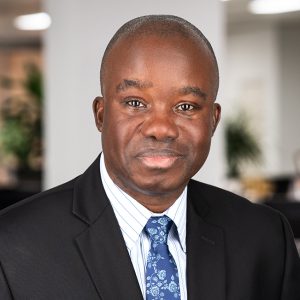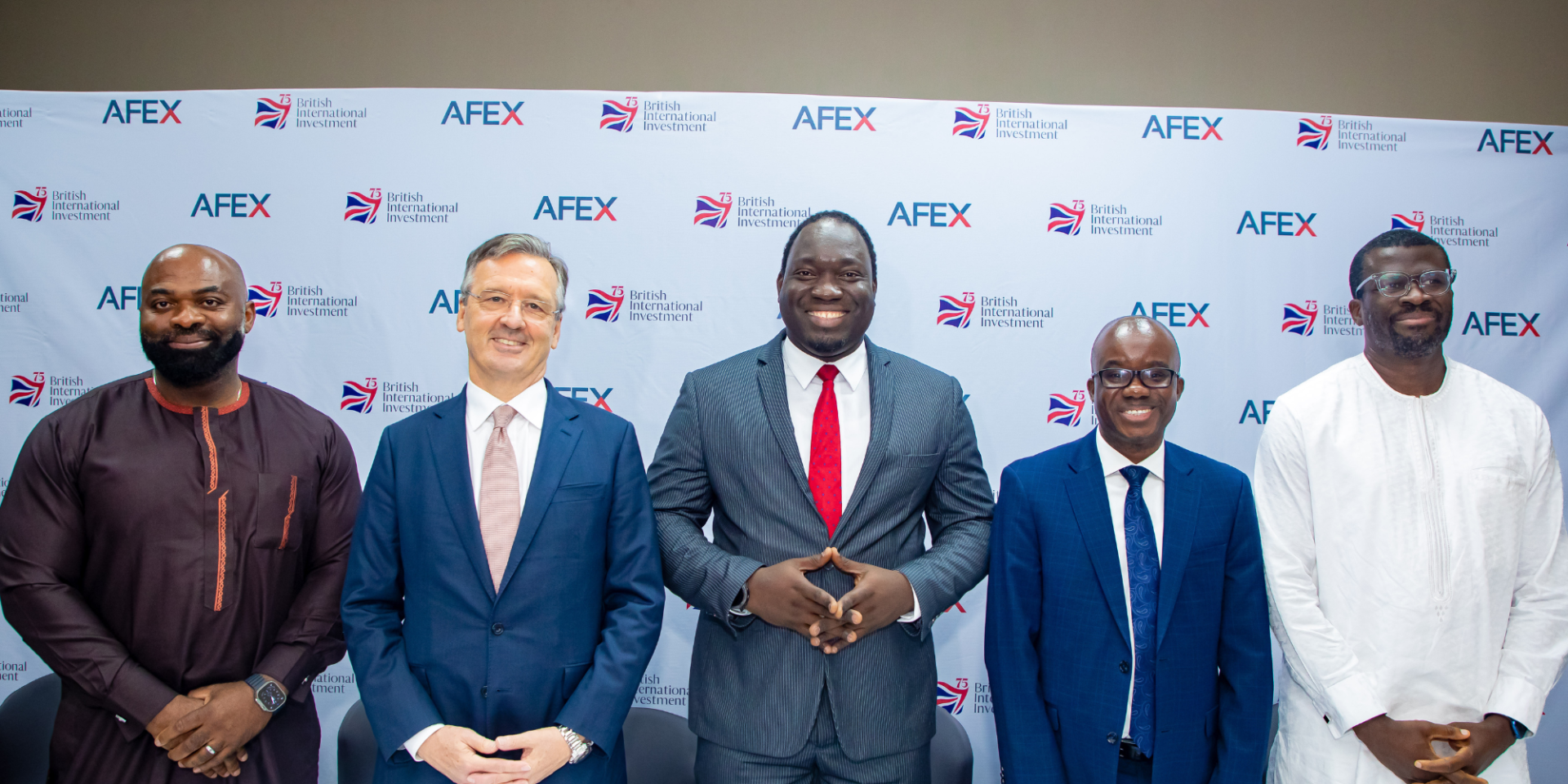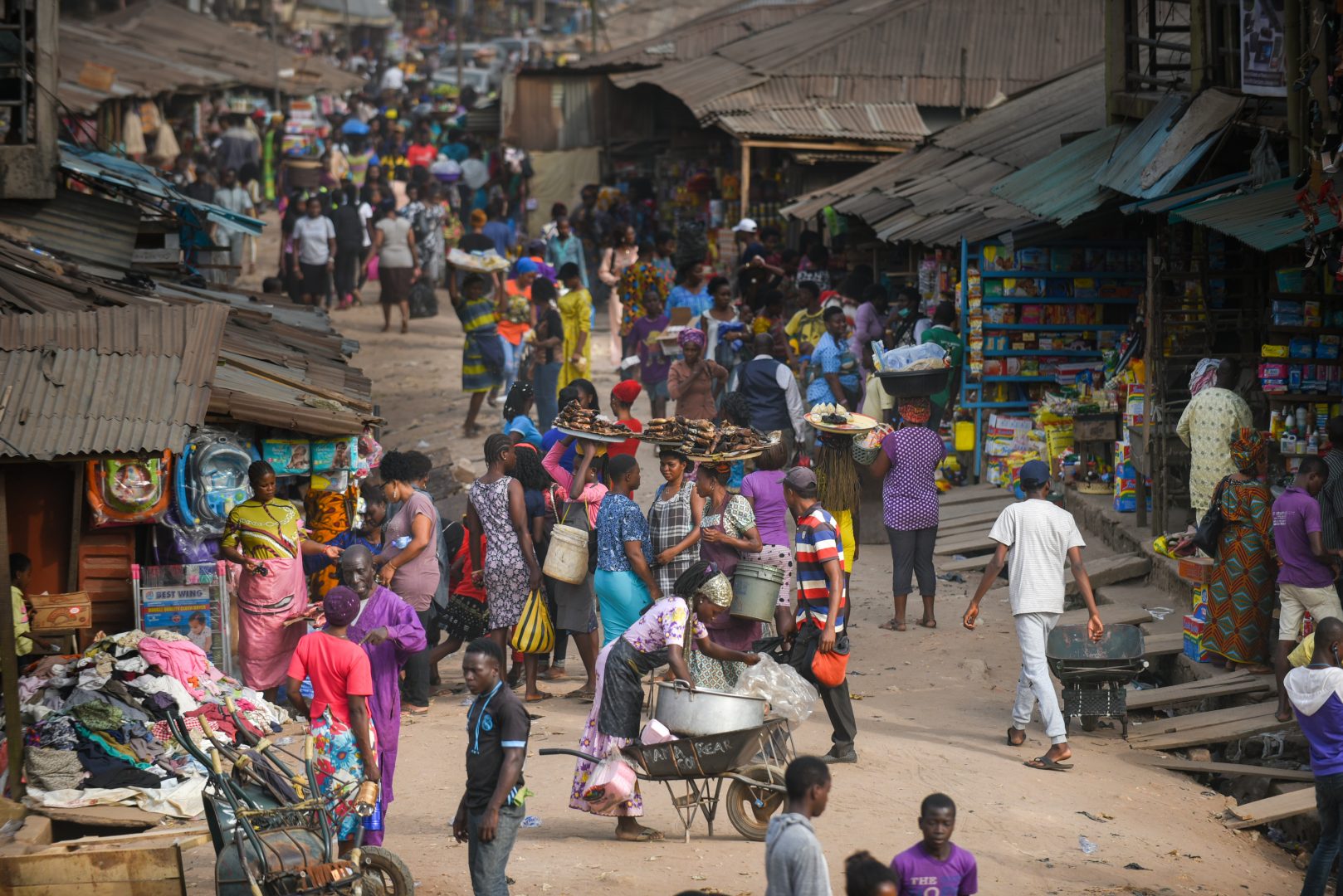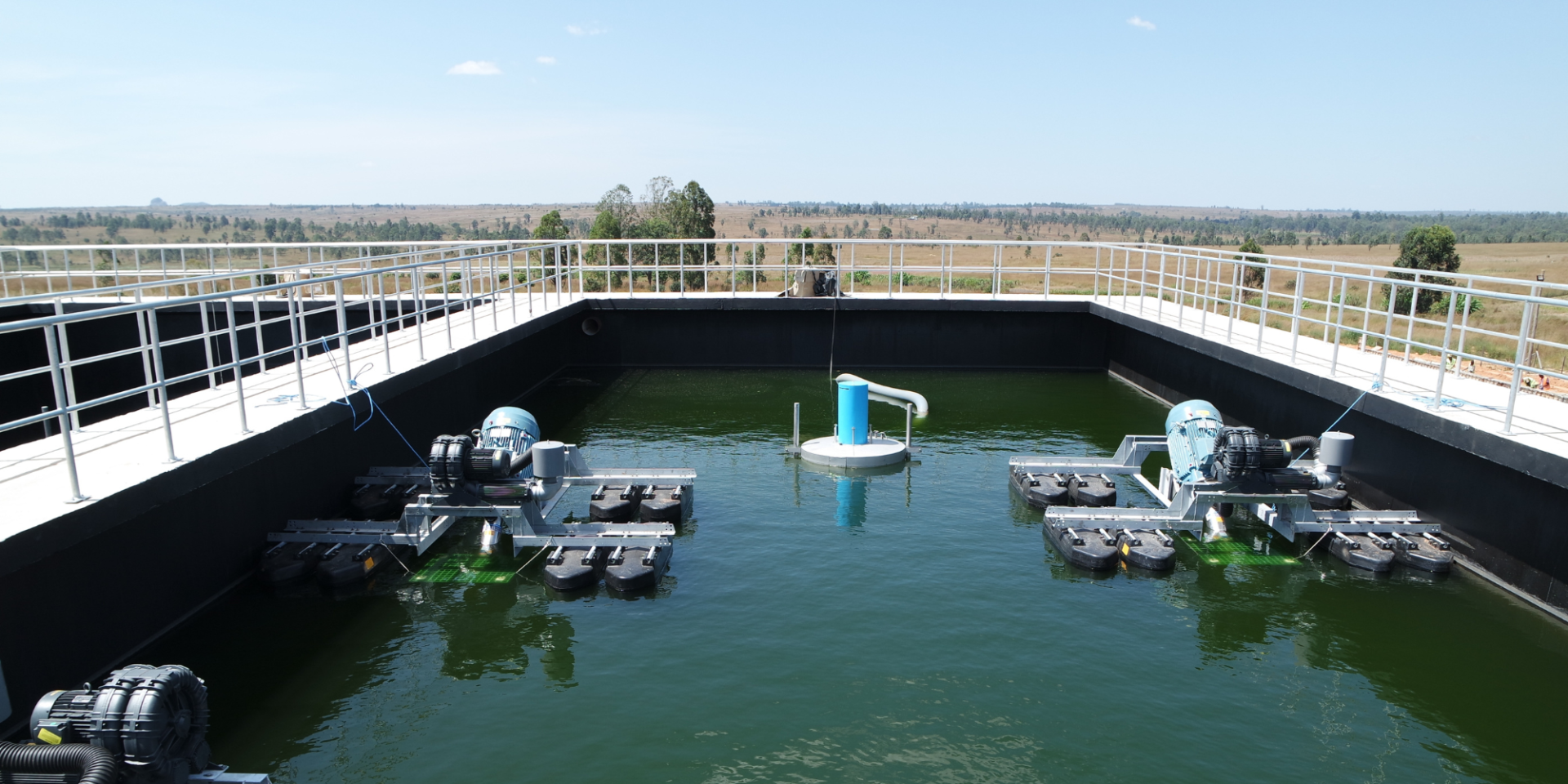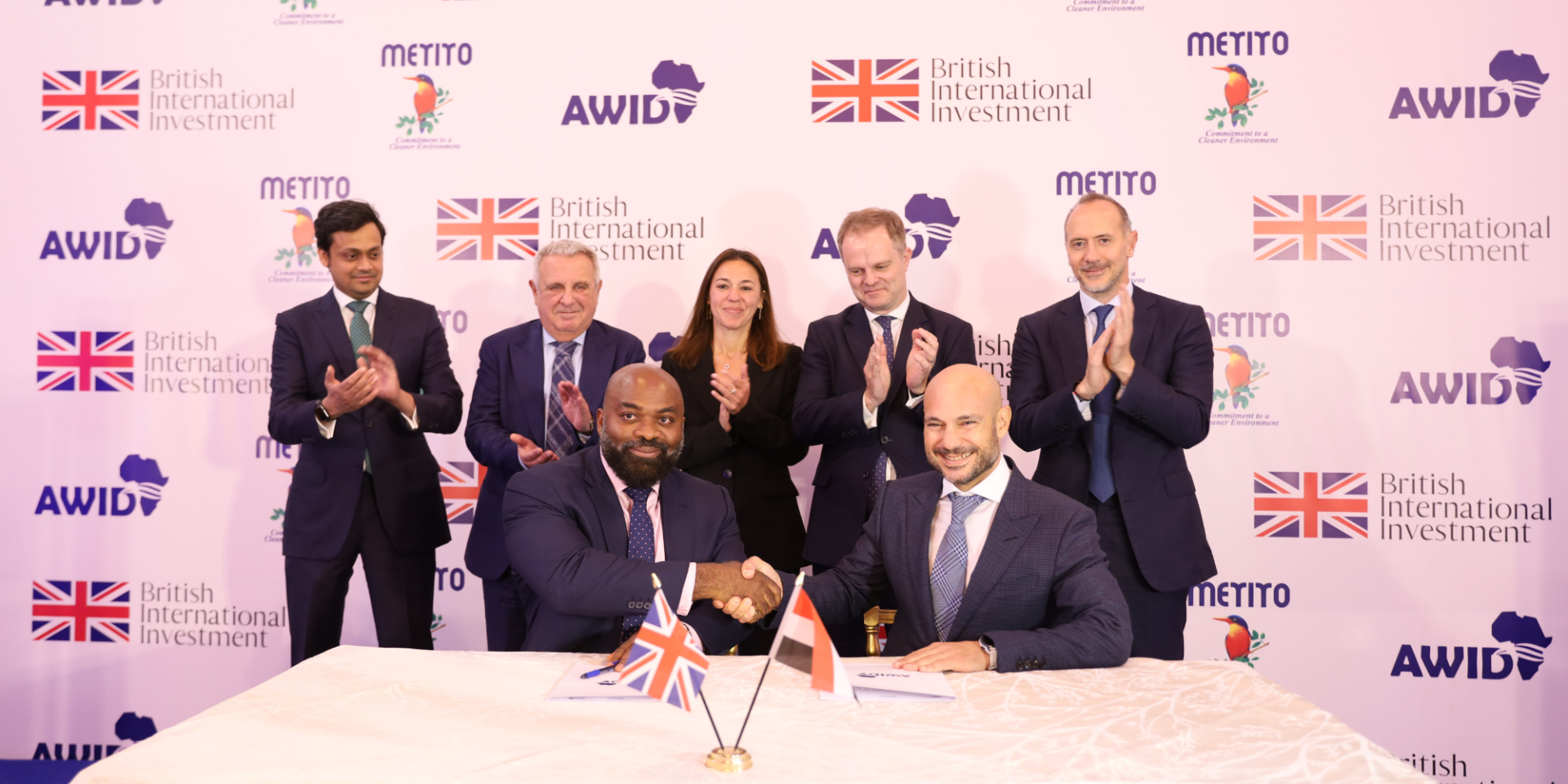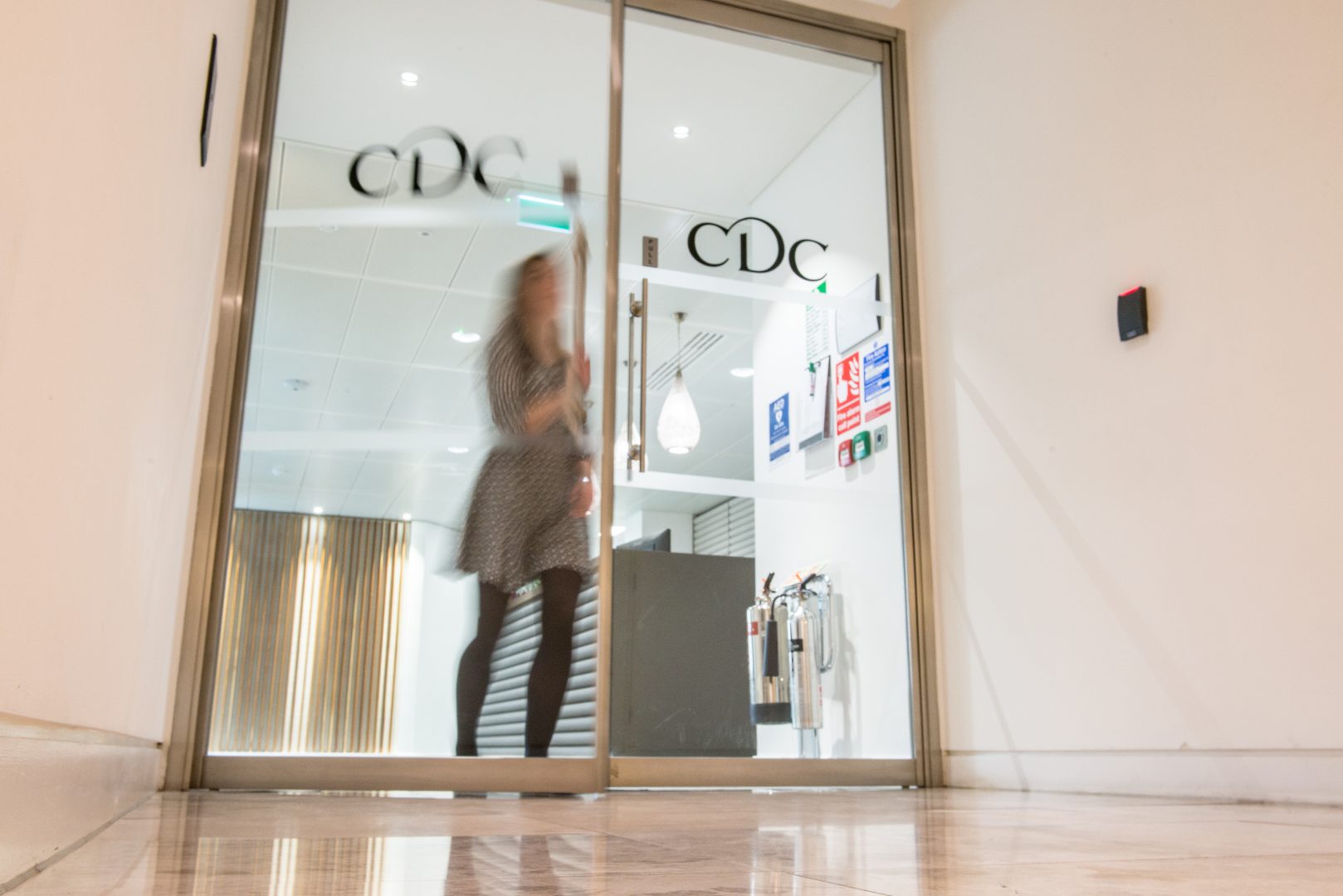This article was originally published by Business Day – you can read it here.
In May 2021, many homes, factories, and shops across the country were plunged into a blackout. This was the second time this year and the 29th time Nigeria experienced grid failure in the last three years. The temporary outage was a reminder that many Nigerians live daily without power – compounding the challenges the country already faces in achieving a sustainable post-Covid-19 recovery.
Access to affordable and reliable infrastructure including power, transportation, communication, and clean water, are the building blocks of a productive and competitive economy. In a world where most countries are grappling with depleted public finances and businesses are reeling from months of lockdowns and dwindling regional trade, robust and climate-resilient infrastructure will be the backbone to social and economic recovery and competitiveness. It is also a prerequisite if Nigeria is to take full advantage of burgeoning new trade opportunities unlocked by the African Continental Free Trade Agreement (AfCFTA).
Nigeria’s infrastructure deficit, estimated at $100 billion annually, is 189.77% above the 2021 federal budget, projected at $34.51bn. Moody’s 2020 report – Infrastructure in emerging markets: Focus on Nigeria – estimates $3 trillion in investment is needed over the next 30 years to plug the national infrastructure deficit. That is a staggering amount – far too great for the fiscally constrained government to cover. Even before the current economic downturn, commercial investors had begun restricting their commitments to bankable projects, despite the critical development gains which would have been achieved and the attractive economic returns, which have a socioeconomic rate of return of approximately 20%. The only way this quantum of capital can be mobilised is through a more imaginative approach to blending public and private sector capital.
By combining the nation-building motivation of domestic institutional investors and the patient capital and risk appetite of development finance with the returns-oriented focus of commercial capital, transformative projects can move from concept to construction. Moreover, these kinds of progressive capital partnerships help reduce the burden and competing demands on government funds, a challenge often felt by developing countries under pressure to prioritise meeting basic human development needs above tackling the growing infrastructure demand.
Nigeria’s Economic Recovery and Growth Plan identifies several priority sectors which require both local and international investment. These include transportation and energy infrastructure projects such as the Lagos-Ibadan railway project, the ongoing development of the Mambilla Hydropower plant, and four new international airport terminals in Lagos, Abuja, Port Harcourt, and Kano. In addition, the recent establishment of the Infrastructure Corporation of Nigeria (InfraCo), which aims to raise near $40bn for projects with seed capital of N1 trillion from the Central Bank of Nigeria, the Nigeria Sovereign Investment Agency (NSIA) and Africa Finance Corporation, marks a further significant step forward in closing the infrastructure gap.
As an investment partner to Africa for over 70 years across job-creating industries – such as the power sector, manufacturing, and telecoms – CDC is strategically engaged with local businesses and institutions across the continent to identify opportunities in which our investments can reflect national infrastructure priorities, for example, modernising the energy value chain across power generation, transmission, distribution, and renewables. Having been present in Nigeria since 1948, we have seen key industries grow and we are committed to forging partnerships that will help meet the country’s infrastructure needs and bolsters economic transformation and resilience.
"Commitment to tackling complex development challenges, combined with an ability to adopt a long-term investment horizon, makes development finance a uniquely valuable solution to shifting the risk perception of infrastructure projects."
It is time to end the estimated $14 billion that Nigerians spend annually on generators and stimulate new green energy jobs and technologies. Swift action must be taken to shore up Nigeria’s rising infrastructure demand in the face of increasing urbanisation and escalating population growth. As an impact investor that champions transition to net-zero across Africa, CDC’s expertise in providing major capital to boost renewable energy programmes across the continent can support the government’s industrialisation agendas. Through Globeleq – Africa’s largest independent power producer which is 70 per cent owned by CDC – we are generating over 1,400MW of power, including thermal and solar from 13 power plants across Kenya, Tanzania, South Africa, Cameroon, and Cote d’Ivoire. Globeleq’s recently launched Cuamba Solar project, which will use pioneering battery storage power technology, will bring clean energy to 18,000 households, and provide jobs in the poor provinces of northern Mozambique.
In Nigeria, through Globeleq Power Solutions Nigeria – a business acquired early this year focussed on the commercial and industrial sector – we are pursuing opportunities to harness Nigeria’s impressive energy mix potential, where ample natural resources can serve an enormous power demand and deficit. These ambitions aren’t limited to Nigeria. In 2019, we created Gridworks, a development and investment platform that targets investments in commercially sustainable on-grid and off-grid electricity network infrastructure to facilitate the deployment of more renewable energy in Africa. As part of our mission to bring electricity to the 600 million people (two-thirds of Africa’s population) excluded from energy access, we made an initial commitment of over $300 million to kick-start the business.
A commitment to tackling complex development challenges, combined with an ability to adopt a long-term investment horizon, makes development finance a uniquely valuable solution to shifting the risk perception of infrastructure projects to attract greater and longer-term investments to Nigeria. According to McKinsey, 80% of Africa’s infrastructure projects fail at the feasibility and business-planning stage, with delays in obtaining licenses, permits or the inability to agree on risk allocations among obstacles affecting progress. By applying our deep experience in energy infrastructure to other aspects of the infrastructure mix – logistics value chains, water and sanitation and broadband connectivity – and by putting progressive capital partnerships at the heart of our investment approach, we can make a meaningful difference to the quality of life of millions of people across and beyond Nigeria. Affirming our commitment to rise to the challenges faced across our markets, this year, we plan to invest over US$1 billion in Africa as we encourage greater investments that transform critical sectors, create sustainable business with a significant focus on infrastructure.

